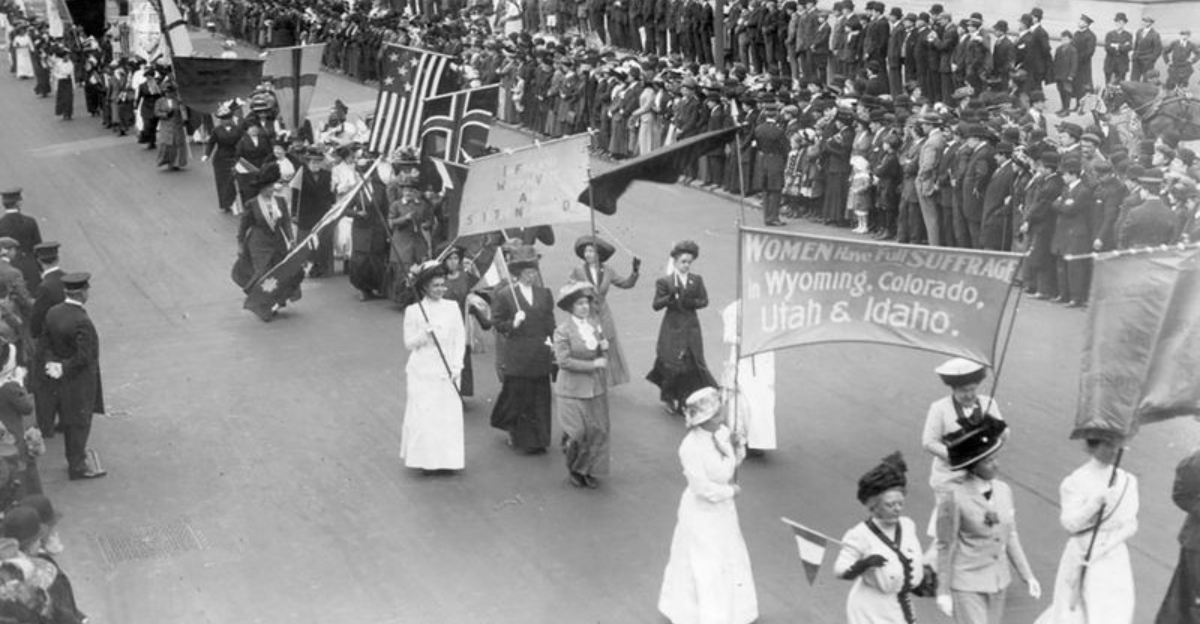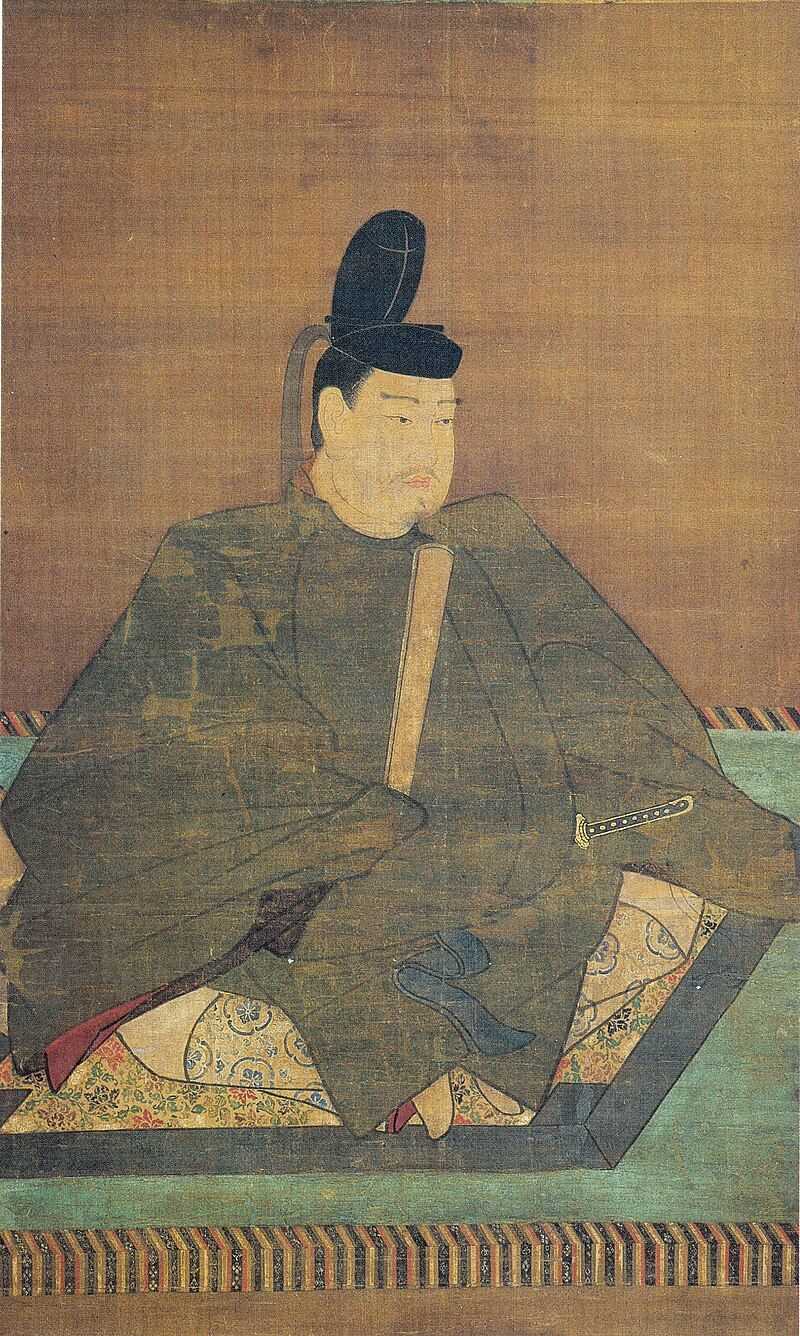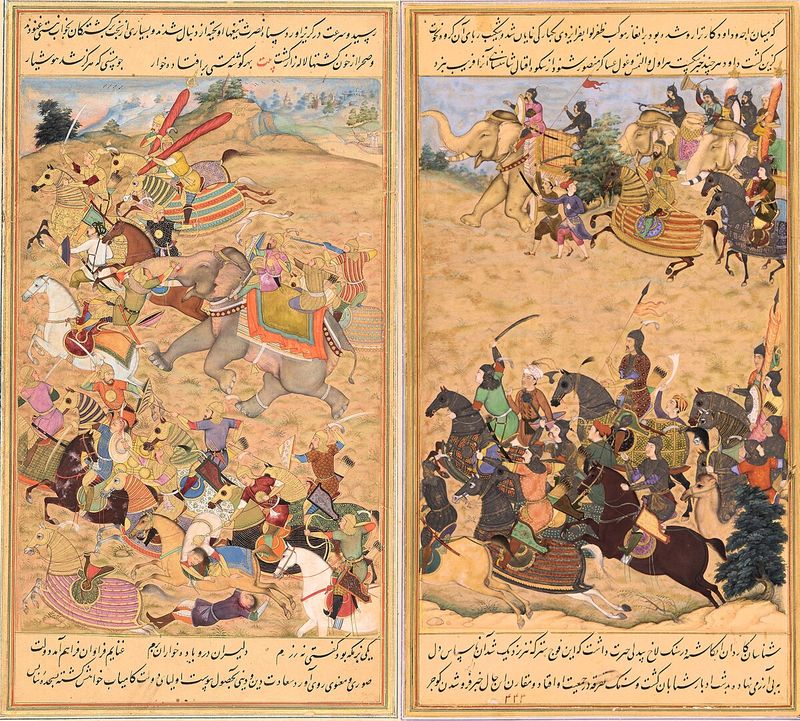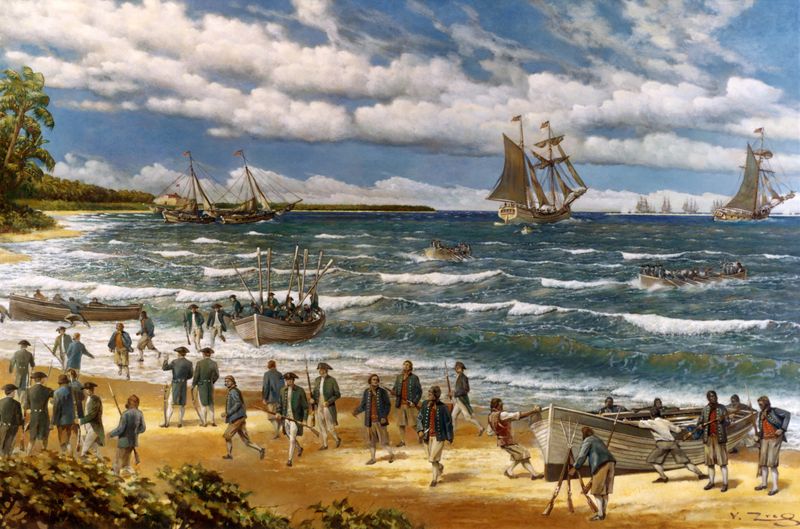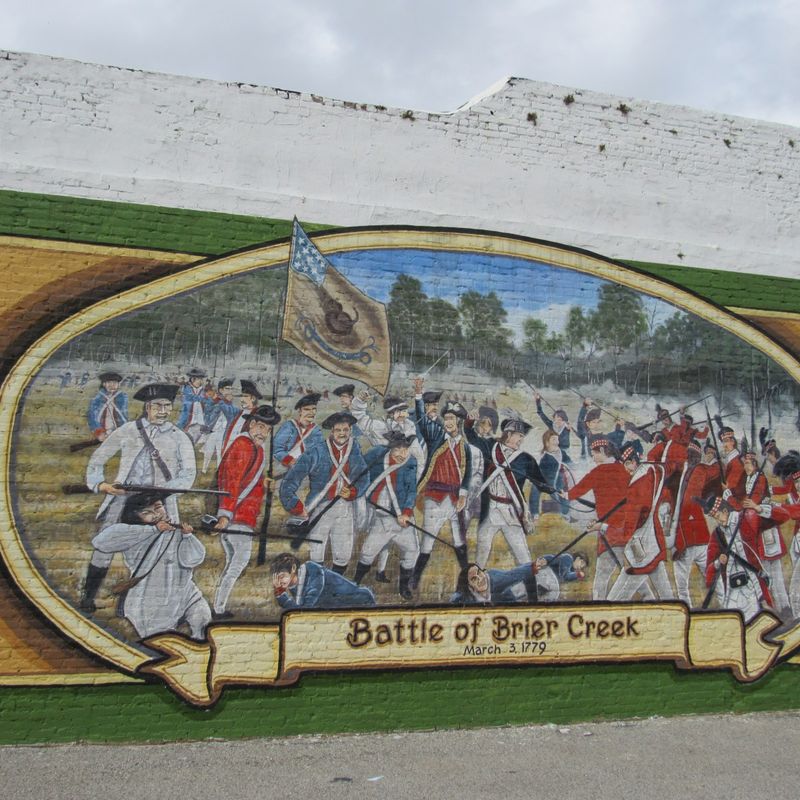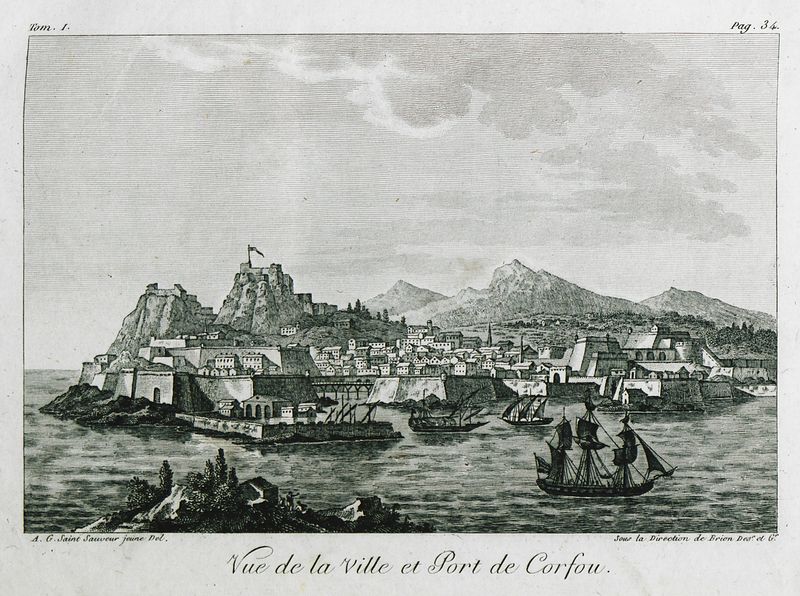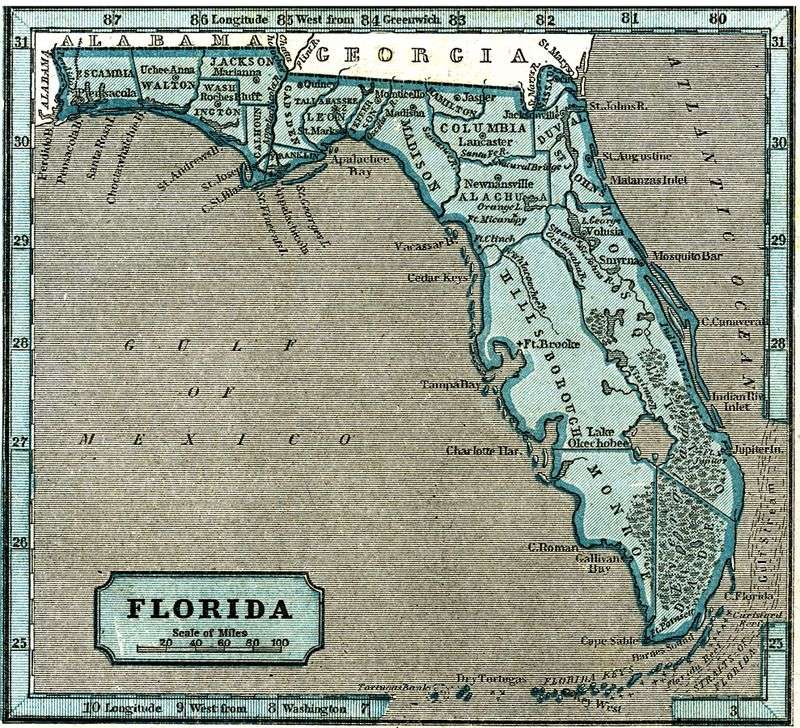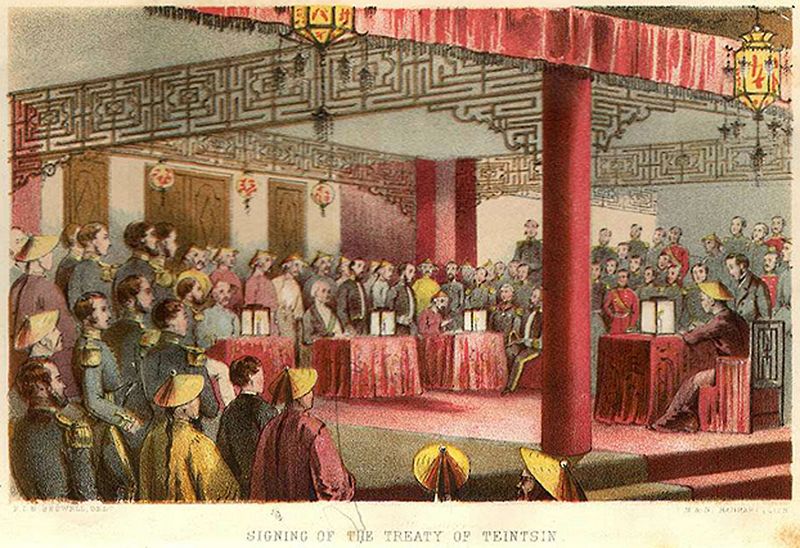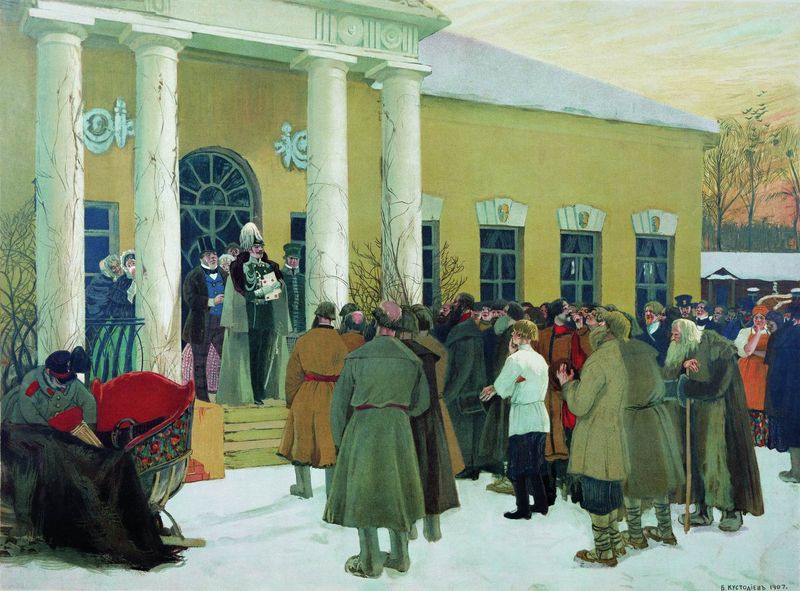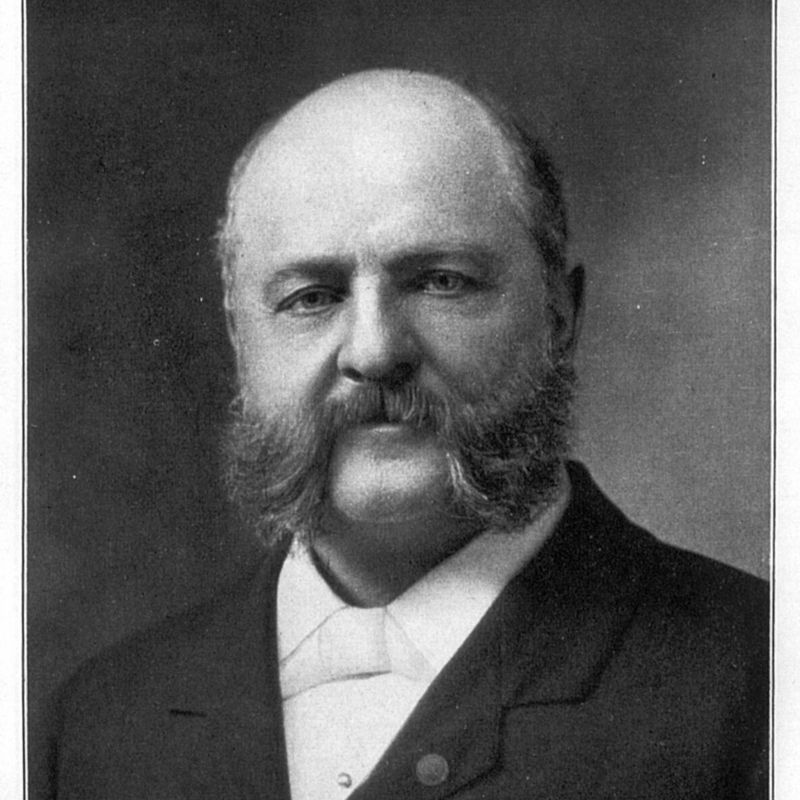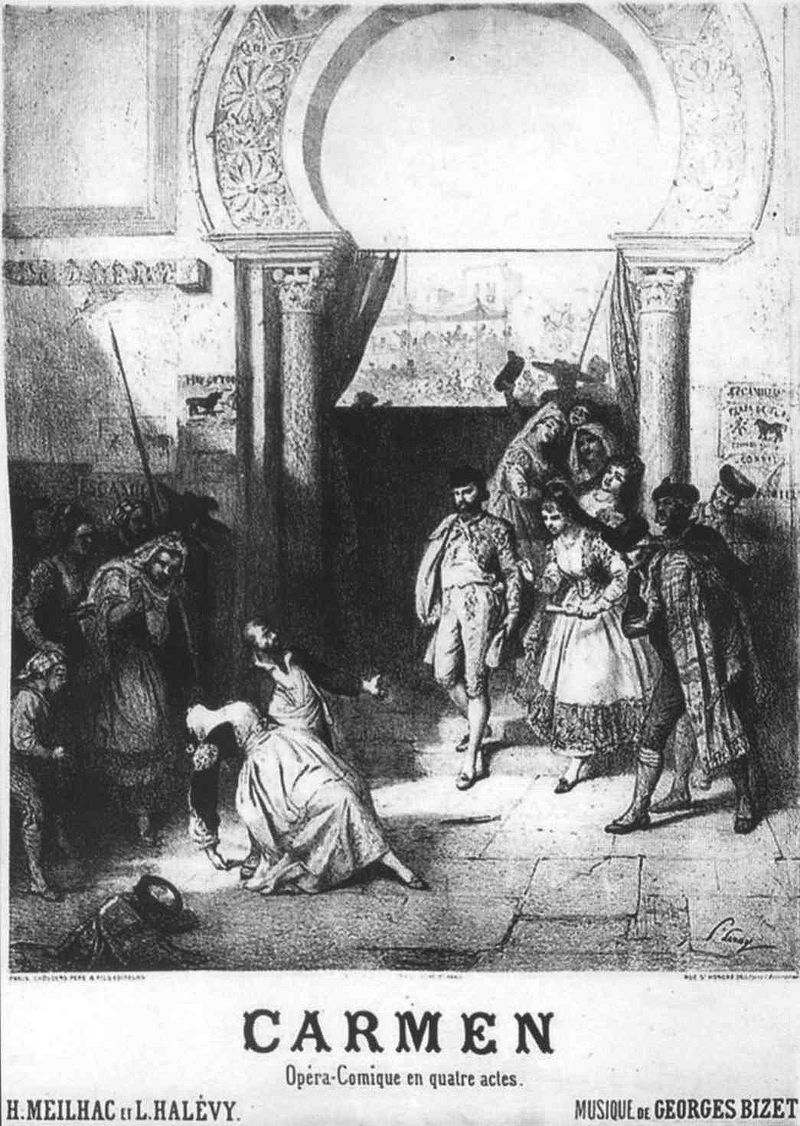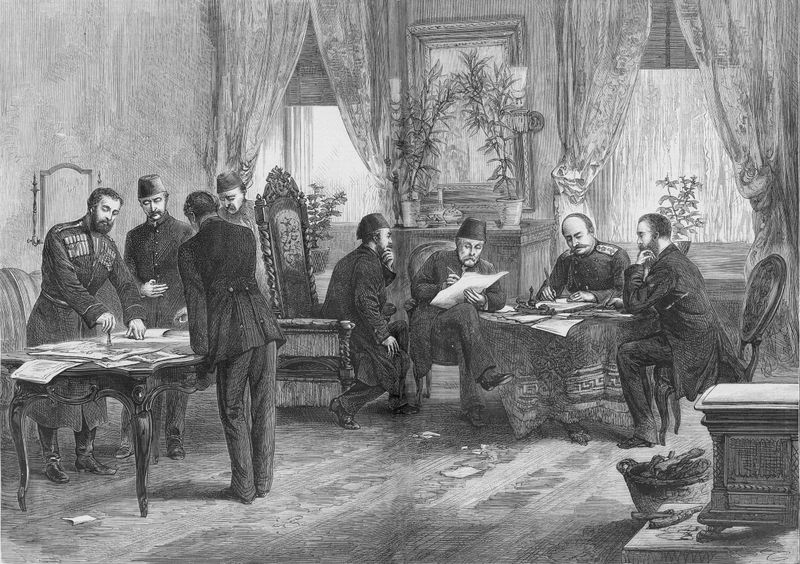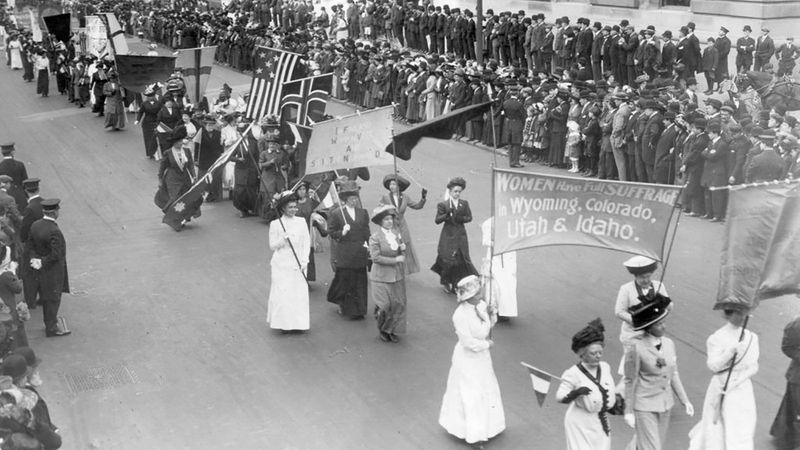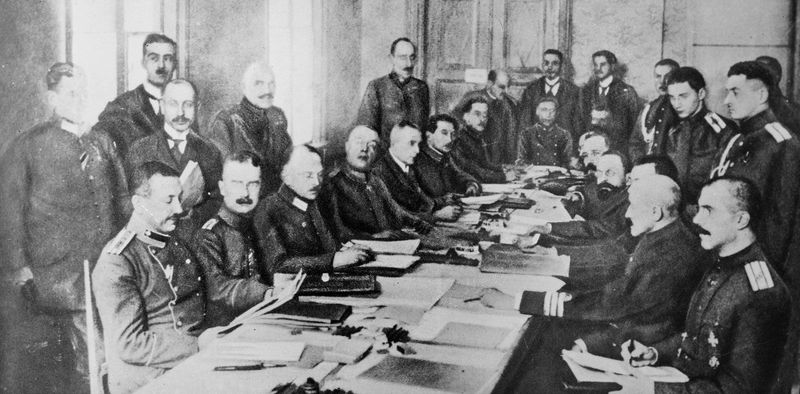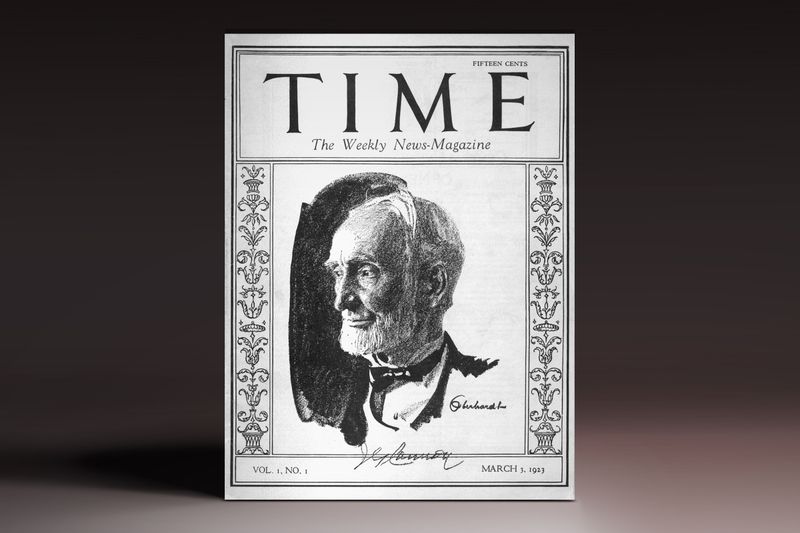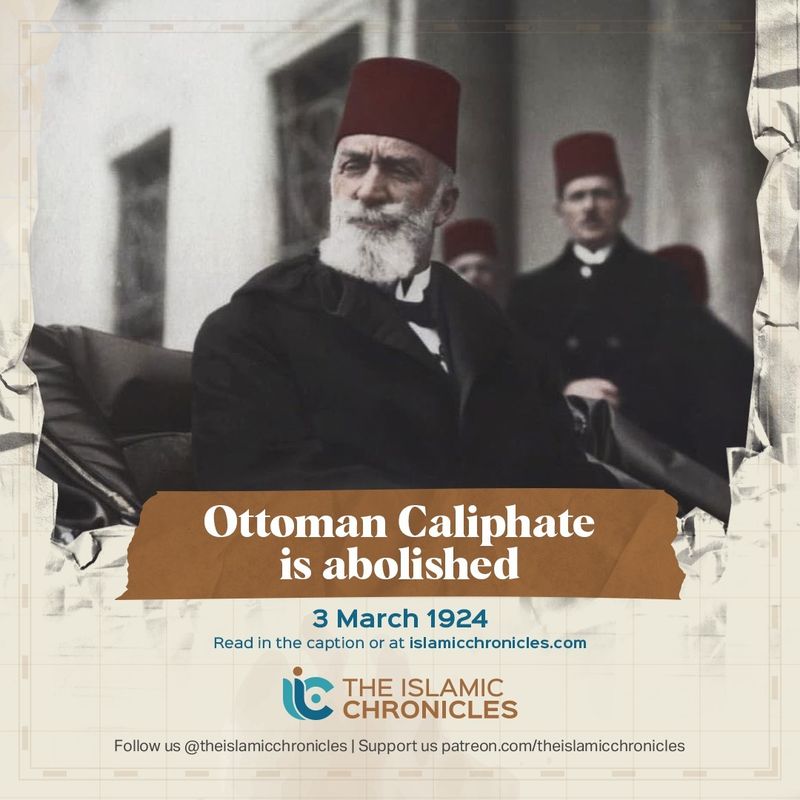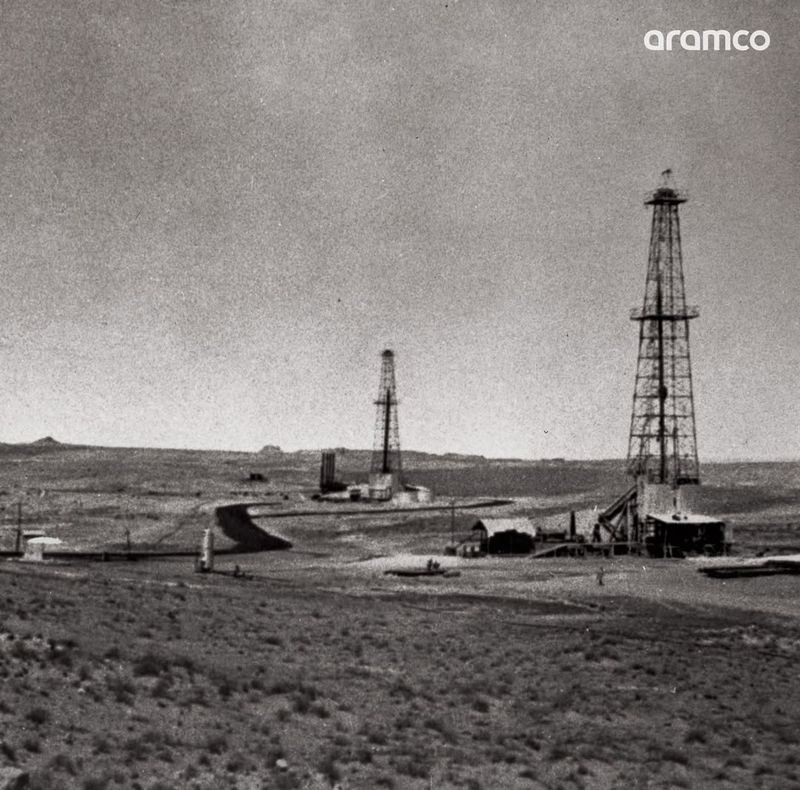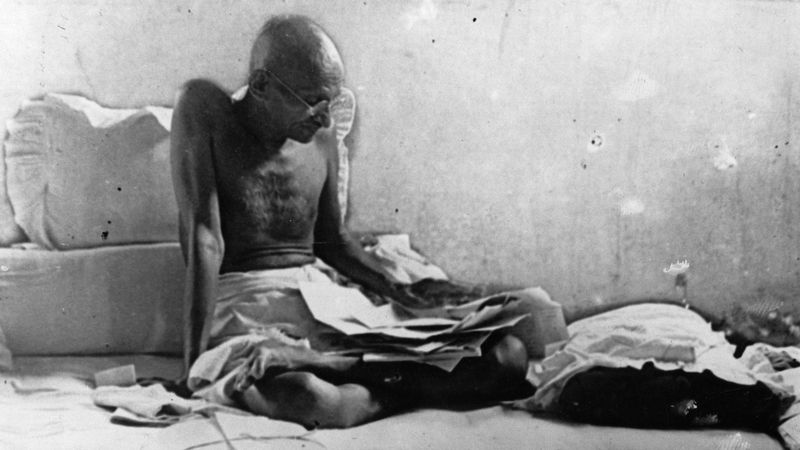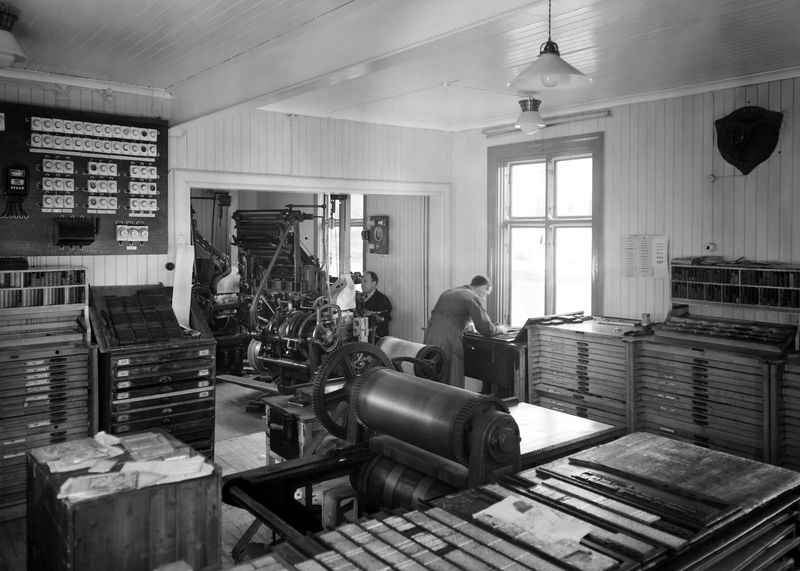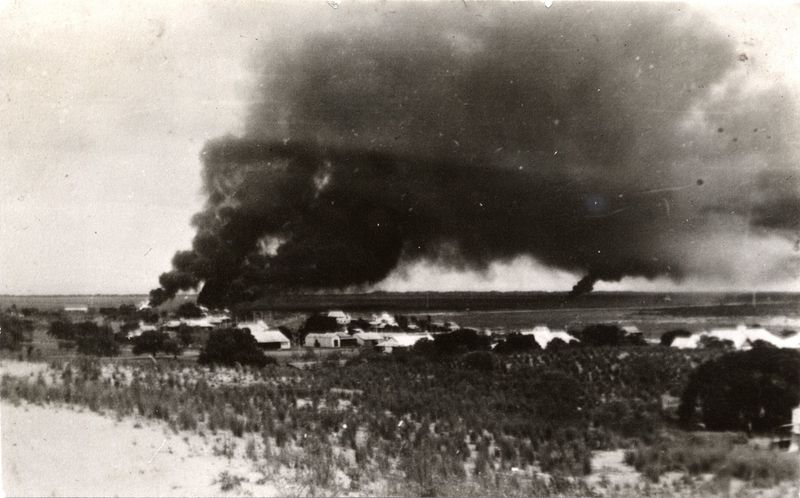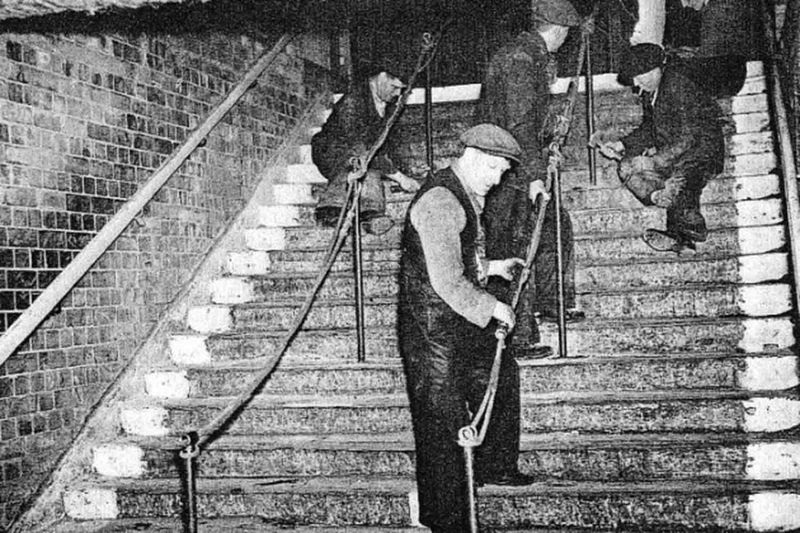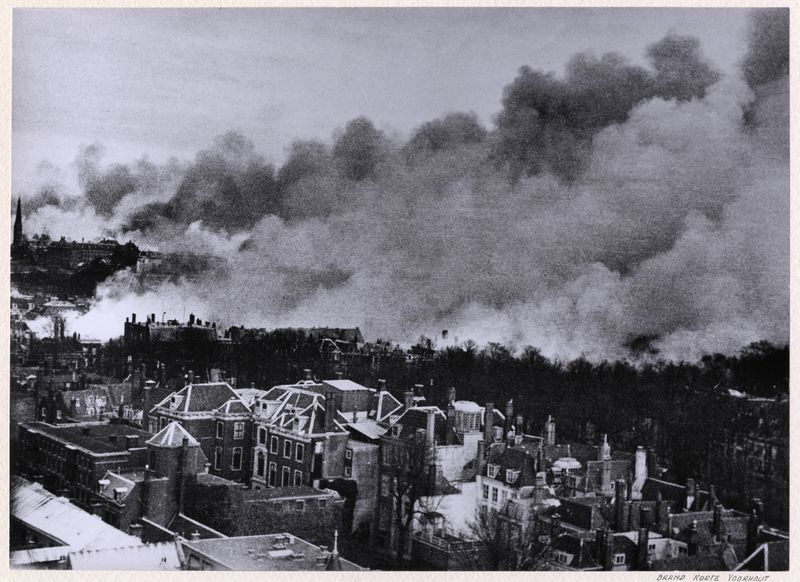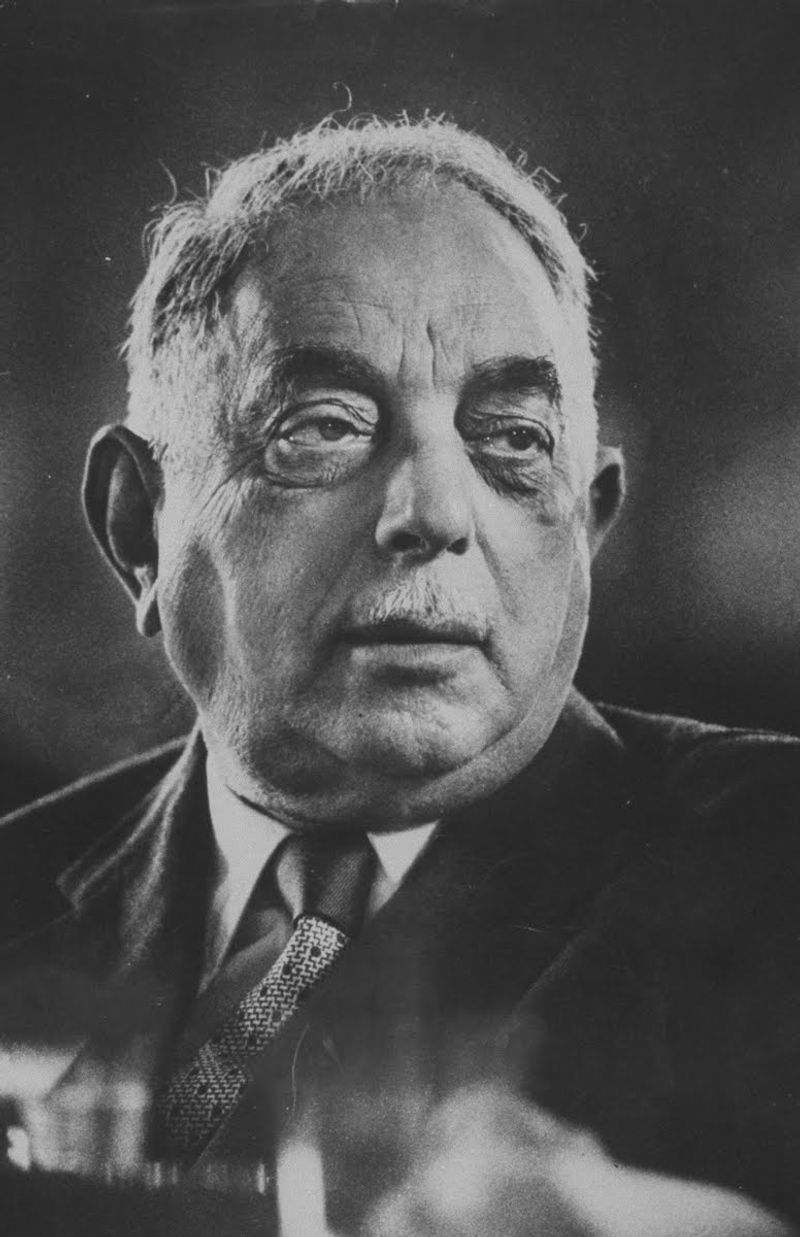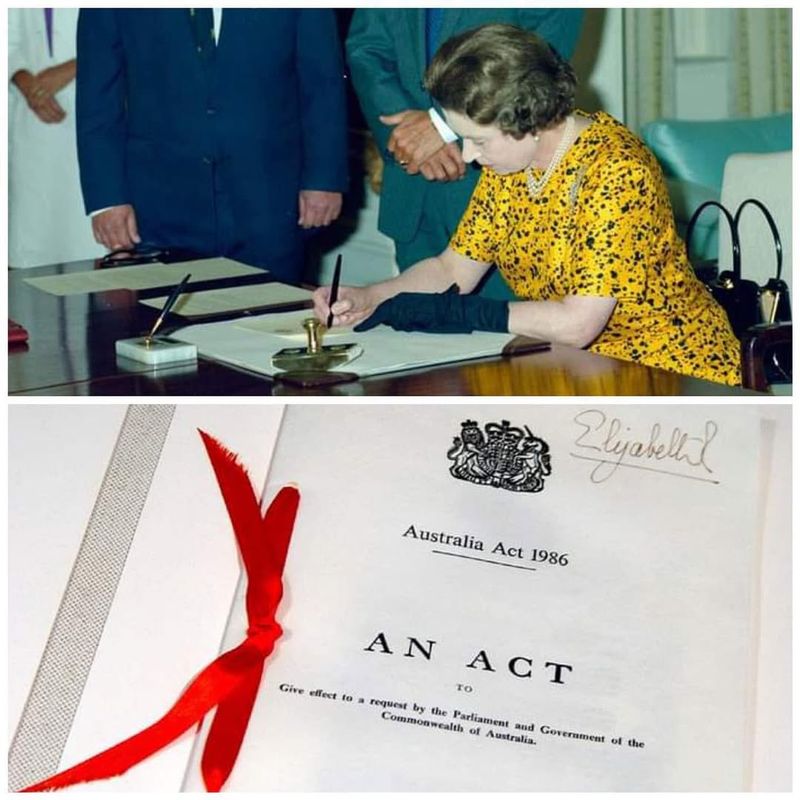March 3rd stands as a day marked by an array of significant historical events spanning centuries and continents. From monumental political shifts to groundbreaking cultural moments, this date offers a fascinating glimpse into the tapestry of our past.
Each event, whether a victory or a turning point, contributes to the rich narrative of global history, illustrating how a single day can witness myriad moments of change and innovation.
Join us as we explore 30 remarkable events that all took place on March 3rd, revealing the date’s exceptional historical significance.
1. 473 – Glycerius Becomes Emperor
On March 3rd, 473, Glycerius ascended to the position of Emperor of the Western Roman Empire. Nominated by Gundobad, a prominent military leader, Glycerius’s rise was a significant political move during a time of great instability.
The Western Roman Empire was facing constant threats from both internal revolts and external invasions. Glycerius, however, faced challenges in consolidating power due to limited resources and support.
His reign was short-lived, lasting only until 474 when he was overthrown by Julius Nepos. Despite the brevity of his rule, Glycerius’s accession highlights the volatile nature of Roman imperial politics.
2. 724 – Japan’s Imperial Shift
On March 3rd, 724, a significant shift in Japan’s imperial lineage occurred when Empress Genshō abdicated in favor of her nephew, Shōmu, who became Emperor.
This transition was critical in maintaining stability within the Japanese imperial family, setting a precedent for peaceful successions. Empress Genshō had ruled effectively, nurturing economic growth and cultural development.
Her decision to abdicate was not due to political pressure but rather a strategic move to empower the next generation. Emperor Shōmu continued her legacy, fostering architectural innovations and spreading Buddhism, which profoundly influenced Japanese culture.
3. 1575 – Battle of Tukaroi
The Battle of Tukaroi on March 3rd, 1575, marked a pivotal moment in the Mughal expansion under Emperor Akbar. Facing Daud Khan Karrani, the battle was fought in the fertile plains of Bengal, a region known for its wealth and strategic importance.
Akbar’s forces, well-organized and equipped, dealt a decisive blow to Karrani’s army. This victory not only secured Mughal dominance in Bengal but also demonstrated Akbar’s military prowess and strategic acumen.
The aftermath saw significant administrative reforms in the region, integrating Bengal more closely into the Mughal Empire and boosting trade and cultural exchange.
4. 1585 – Inauguration of the Olympic Theatre
On March 3rd, 1585, the Olympic Theatre in Vicenza, Italy, designed by the renowned architect Andrea Palladio, opened its doors for the first time.
The theatre is celebrated as a masterpiece of Renaissance architecture, reflecting Palladio’s visionary interpretation of classical forms.
Its inauguration featured a production of Sophocles’ “Oedipus Rex,” captivating audiences with its innovative stage design and acoustics.
The Olympic Theatre’s enduring legacy lies in its influence on theatre architecture worldwide, showcasing the power of artistry and design in enhancing the theatrical experience. Palladio’s work continues to inspire architects and theatre designers globally.
5. 1776 – First U.S. Marine Amphibious Landing
March 3rd, 1776, marks a historic military operation: the first amphibious landing by the United States Marines. As part of the American Revolutionary War, this operation targeted Nassau in the Bahamas, aiming to capture British supplies.
The Marines, skillfully coordinating their landing, quickly took control of the island. This event showcased the strategic importance of marine operations and set a precedent for future military engagements.
The success of the Nassau landing highlighted the Marines’ capabilities and adaptability, serving as a foundation for their esteemed role in U.S. military history. This operation remains a testament to early American military innovation.
6. 1779 – Battle of Brier Creek
On March 3rd, 1779, the Battle of Brier Creek unfolded near Savannah, Georgia, representing a significant setback for the Continental Army during the American Revolutionary War.
The British forces, executing a surprise attack, managed to rout the American troops, inflicting substantial casualties. This defeat disrupted American plans to recapture Georgia and highlighted the challenges faced by the Continental Army.
The battle underscored the strategic difficulties of fighting in the Southern states, where loyalist support and challenging terrain posed constant threats. Brier Creek remains a sobering reminder of the complexities and hardships of the Revolutionary War.
7. 1799 – Russo-Ottoman Victory at Corfu
March 3rd, 1799, saw the conclusion of a significant siege when the French garrison at Corfu surrendered to the coalition forces of Russia and the Ottoman Empire.
This victory was a crucial moment in the Mediterranean campaign of the War of the Second Coalition. The siege demonstrated the effectiveness of Russo-Ottoman cooperation and marked a strategic shift in control over the Ionian Islands.
The capture of Corfu disrupted French naval operations and bolstered the coalition’s position in the region. This event exemplified the complex alliances and geopolitical intrigue of the late 18th century, influencing the balance of power in Europe.
8. 1845 – Florida Becomes a State
On March 3rd, 1845, Florida was officially admitted as the 27th state of the United States. This milestone marked the culmination of a long journey from its days as a Spanish territory to becoming a significant part of the Union.
The admission of Florida symbolized the expansionist spirit of the era, as settlers moved into the region attracted by its fertile lands and opportunities.
Statehood brought increased political influence and economic development, as agriculture, particularly cotton and citrus cultivation, thrived.
Florida’s diverse cultural heritage, shaped by its indigenous, Spanish, and American roots, continues to enrich its identity today.
9. 1857 – France & UK Declare War on China
The Second Opium War escalated on March 3rd, 1857, when France and the United Kingdom declared war on China.
This conflict arose from disputes over trade imbalances and the opium trade, leading to increased tensions between China and Western powers.
The declarations of war marked the start of a series of military engagements that would result in the expansion of foreign influence in China.
This period highlighted the clash between Eastern and Western powers, with lasting impacts on China’s sovereignty and international relations. The war ultimately led to significant territorial concessions and trade agreements favoring Western nations.
10. 1861 – Russia Frees the Serfs
On March 3rd, 1861, a groundbreaking reform took place in Russia as Tsar Alexander II signed the Emancipation Manifesto, liberating millions of serfs.
This monumental decree sought to modernize Russian society and economy by granting serfs the rights to own property and marry without their landlords’ consent.
The manifesto aimed to address widespread social unrest and stimulate economic progress. While the reform was a significant step towards modernization, it faced implementation challenges and resistance from the nobility.
Nevertheless, the emancipation of the serfs laid the groundwork for broader social changes and highlighted the complexities of reform in autocratic Russia.
11. 1873 – U.S. Enacts Comstock Law
March 3rd, 1873, marked the enactment of the Comstock Law in the United States, a pivotal moment in the country’s moral and legal history.
Named after its chief proponent, Anthony Comstock, the law sought to ban the mailing of “obscene literature and immoral articles.” Its passage reflected growing concerns over the perceived moral decline and the spread of vice through mail.
The Comstock Law significantly impacted issues of censorship and freedom of expression, sparking debates that persist today. It also led to the formation of the New York Society for the Suppression of Vice, illustrating the era’s moral reform movements.
12. 1875 – First Indoor Ice Hockey Game
On March 3rd, 1875, Montreal hosted the first organized indoor ice hockey game, marking a foundational moment in the sport’s history. Played at the Victoria Skating Rink, this game featured nine players per side, a departure from the modern standard.
The event was notable for introducing a new level of organization and standardization to ice hockey. Spectators were thrilled by the fast-paced action and competitive spirit displayed by the players.
This pioneering match laid the groundwork for the development of ice hockey as a major sport, eventually leading to the formation of leagues and the establishment of standardized rules.
13. 1875 – Premiere of Bizet’s Carmen
March 3rd, 1875, witnessed the premiere of Georges Bizet’s opera “Carmen” at the Opéra-Comique in Paris. Initially met with mixed reviews, “Carmen” eventually became one of the most beloved operas in the world.
Its story of passion, jealousy, and tragedy set against the vibrant backdrop of Seville captivated audiences. Bizet’s innovative use of musical themes and character development set new standards in opera.
Despite Bizet’s untimely death shortly after the premiere, “Carmen” gained immense popularity, influencing generations of composers and performers. Its enduring appeal lies in its compelling characters and unforgettable music, leaving a lasting legacy in operatic history.
14. 1878 – Treaty of San Stefano
On March 3rd, 1878, the signing of the Treaty of San Stefano marked the end of the Russo-Turkish War. This treaty was a crucial turning point, leading to significant territorial changes in the Balkans.
Bulgaria gained autonomy, emerging as a significant player in the region, while other Balkan states saw shifts in borders and power dynamics.
The Treaty of San Stefano highlighted the decline of Ottoman influence and the rise of nationalist movements in the Balkans. However, the treaty’s terms were later revised by the Congress of Berlin, leading to further diplomatic tensions and reshaping European geopolitics.
15. 1891 – First U.S. National Forest Established
March 3rd, 1891, marked a landmark moment in environmental conservation with the establishment of Shoshone National Forest, the first national forest in the United States and the world.
This move reflected growing awareness of the need to preserve natural resources and landscapes for future generations. The creation of national forests aimed to protect biodiversity, prevent over-exploitation, and promote sustainable use of forest resources.
Shoshone National Forest became a model for conservation, inspiring subsequent efforts to safeguard America’s natural heritage.
Its establishment underscored the importance of balancing development with environmental stewardship, laying the groundwork for the modern conservation movement.
16. 1913 – Women’s Suffrage Procession
On March 3rd, 1913, Washington, D.C., witnessed a historic Women’s Suffrage Procession, advocating for the right to vote.
Thousands of women, representing various social and economic backgrounds, marched down Pennsylvania Avenue, capturing national attention.
This procession was strategically timed to precede the inauguration of President Woodrow Wilson, emphasizing the urgency of women’s suffrage.
The event highlighted the determination and unity of suffragists and drew attention to the broader women’s rights movement.
Despite facing hostility and opposition, the marchers’ efforts contributed to the eventual passage of the 19th Amendment, securing voting rights for women and reshaping American democracy.
17. 1918 – Treaty of Brest-Litovsk Signed
March 3rd, 1918, saw the signing of the Treaty of Brest-Litovsk, marking Russia’s exit from World War I. Negotiated between the Bolshevik government and the Central Powers, this treaty ceded vast territories, including Ukraine and the Baltic states, to Germany.
The treaty’s terms were harsh, reflecting the desperate situation of the Bolsheviks who sought to consolidate power and focus on internal affairs.
Despite its short-lived nature, as it was nullified by the end of World War I, the treaty significantly impacted the geopolitical landscape, influencing post-war borders and contributing to the tumultuous interwar period in Europe.
18. 1923 – First Issue of Time Magazine
On March 3rd, 1923, the first issue of Time Magazine was published, marking a new era in journalism. Founded by Henry Luce and Briton Hadden, Time aimed to provide concise and engaging news coverage.
Its innovative format, featuring a mix of national and international news, analysis, and personality profiles, quickly gained popularity. Time’s pioneering approach to news reporting set a standard for modern journalism, influencing other publications.
The magazine’s iconic red border and distinctive style have made it a staple in media for decades. Time’s debut reflected the evolving landscape of media consumption, adapting to the needs of an informed public.
19. 1924 – Ottoman Caliphate Abolished
March 3rd, 1924, marked the abolition of the Ottoman Caliphate, a historic shift in the Muslim world. Led by Mustafa Kemal Atatürk, this decision was part of a series of secular reforms in Turkey aimed at modernizing and Westernizing the nation.
The dissolution of the caliphate ended centuries of religious and political leadership, fundamentally altering the region’s dynamics.
Atatürk’s reforms faced opposition but ultimately transformed Turkey into a secular republic, setting a precedent for governance in Muslim-majority countries.
The abolition of the caliphate underscored the complexities of reconciling tradition with modernity and continues to influence debates on secularism and Islam.
20. 1938 – Oil Discovered in Saudi Arabia
On March 3rd, 1938, a discovery in Saudi Arabia would alter the course of its history: the finding of vast oil reserves in Dammam Well No. 7. This discovery marked the beginning of Saudi Arabia’s transformation into a global energy powerhouse.
The newfound wealth from oil exports fueled rapid modernization and economic development, reshaping the nation’s infrastructure and international standing.
Saudi Arabia’s oil reserves became a cornerstone of its economy, influencing global energy markets and geopolitics.
The discovery highlighted the strategic importance of the Middle East in global affairs and underscored the role of natural resources in shaping national destinies.
21. 1939 – Gandhi Begins Hunger Strike
On March 3rd, 1939, Mahatma Gandhi initiated a hunger strike to protest against British colonial rule in India. This non-violent form of resistance was part of Gandhi’s broader strategy of civil disobedience, aimed at drawing global attention to India’s struggle for independence.
His hunger strike emphasized the moral and ethical dimensions of the independence movement, galvanizing support among Indians and sympathizers worldwide.
Gandhi’s commitment to non-violence and his ability to mobilize public opinion were key factors in the eventual success of the Indian independence movement. His actions on this day underscored the power of peaceful protest in challenging oppressive systems.
22. 1940 – Flamman Arson Attack
On March 3rd, 1940, the offices of the Swedish communist newspaper Flamman were targeted in a devastating arson attack. This event occurred within the broader context of political tensions in Sweden during World War II, where ideological conflicts were rife.
The attack resulted in significant damage to the newspaper’s infrastructure and heightened fears of political violence. Despite this setback, Flamman continued to publish, symbolizing resilience in the face of adversity.
The arson attack highlighted the challenges faced by media outlets in politically charged environments and underscored the importance of press freedom as a pillar of democratic societies.
23. 1942 – Japanese Air Raid on Broome
March 3rd, 1942, saw Broome, Australia, become the target of a Japanese air raid during World War II. This attack resulted in over 100 civilian casualties and significant destruction to infrastructure, including aircraft and fuel depots.
Broome, a strategic airbase and refueling point, was left vulnerable due to insufficient defenses. The raid underscored the reach of Japanese military operations in the Pacific and highlighted the vulnerabilities of remote Allied bases.
It also prompted a reassessment of Australia’s defense strategies and reinforced the need for stronger military preparedness in the face of evolving threats. The attack remains a poignant reminder of the war’s impact on civilian populations.
24. 1943 – Bethnal Green Tube Station Tragedy
On March 3rd, 1943, a tragedy unfolded at the Bethnal Green Tube station in London, resulting in the deaths of 173 people. As air raid sirens sounded, a crush occurred at the station’s entrance, highlighting the harsh realities of life during the Blitz.
This incident remains one of the deadliest civilian tragedies in the UK during World War II. The tragedy exposed deficiencies in emergency procedures and infrastructure, prompting changes in public safety measures.
It serves as a somber reminder of the human cost of war and the importance of preparedness in crisis situations, influencing future safety protocols.
25. 1945 – RAF Bombs Dutch Town by Mistake
On March 3rd, 1945, a tragic error led to the accidental bombing of the Dutch town of Bezuidenhout by the Royal Air Force (RAF). Intended to target German V-2 rocket sites, the raid resulted in the deaths of 511 civilians and widespread devastation.
This mistake highlighted the challenges and risks associated with wartime aerial operations, especially in densely populated areas. The incident prompted a reevaluation of targeting protocols and emphasized the need for precision in military operations.
The bombing of Bezuidenhout is remembered as a sobering reminder of the unintended consequences of war and the importance of safeguarding civilian lives.
26. 1958 – Nuri al-Said Becomes Iraqi Prime Minister (Again)
On March 3rd, 1958, Nuri al-Said assumed office as Iraq’s Prime Minister for the eighth time. A seasoned statesman, al-Said’s repeated leadership reflected his enduring influence in Iraqi politics.
His tenure was characterized by efforts to modernize Iraq and strengthen ties with Western allies. However, his policies often sparked controversy and faced opposition, particularly from nationalist and communist factions.
Al-Said’s leadership occurred during a period of significant political upheaval in the Middle East, marked by the rise of Pan-Arabism.
His governance faced the challenges of balancing modernization with domestic and regional pressures, shaping Iraq’s mid-20th-century trajectory.
27. 1969 – Apollo 9 Launches
On March 3rd, 1969, Apollo 9 launched from Cape Kennedy, marking a critical step in NASA’s lunar exploration program. This mission’s primary objective was to test the lunar module in Earth’s orbit, preparing for future moon landings.
Astronauts James McDivitt, David Scott, and Russell Schweickart conducted a series of maneuvers, demonstrating the module’s functionality and capabilities. Apollo 9’s success was vital in ensuring the safety and feasibility of subsequent lunar missions.
The mission underscored the importance of meticulous planning and testing in space exploration, paving the way for the historic Apollo 11 moon landing later that year.
28. 1986 – Australia Act Passed
On March 3rd, 1986, the passage of the Australia Act marked a pivotal moment in the nation’s legislative history. The act effectively severed the constitutional ties between Australia and the United Kingdom, granting full legislative independence.
This legal milestone underscored Australia’s sovereignty and its evolving national identity. The Australia Act eliminated the British Parliament’s ability to legislate for Australia, affirming the primacy of Australian law.
This momentous event was celebrated across the nation, symbolizing a new era of self-governance. The act’s passage highlighted the importance of constitutional evolution in reflecting contemporary national values and aspirations.
29. 1991 – Rodney King Beating Filmed
On March 3rd, 1991, the videotaped beating of Rodney King by Los Angeles police officers shocked the nation and the world. Captured by a bystander, the footage showed a stark display of police brutality, prompting widespread outrage and protests.
This incident highlighted the systemic issues within law enforcement, sparking debates on race relations and police accountability in the United States.
The ensuing trial and acquittal of the officers involved led to the 1992 Los Angeles riots, underscoring the deep-seated tensions and the urgent need for reform. The Rodney King incident remains a pivotal moment in the ongoing struggle for social justice.
30. 2005 – Steve Fossett’s Solo Flight Record
On March 3rd, 2005, Steve Fossett made aviation history by completing the first solo nonstop flight around the world without refueling. Piloting the Virgin Atlantic GlobalFlyer, Fossett’s journey covered over 22,000 miles, showcasing human ingenuity and endurance.
This achievement demonstrated the potential of innovative aircraft design and advanced aviation technology. Fossett’s record-setting flight inspired a new generation of aviators and underscored the spirit of exploration.
His accomplishment highlighted the importance of perseverance and pushing the boundaries of what is possible in aviation. Fossett’s legacy continues to influence pilots and adventurers seeking to redefine the limits of flight.
